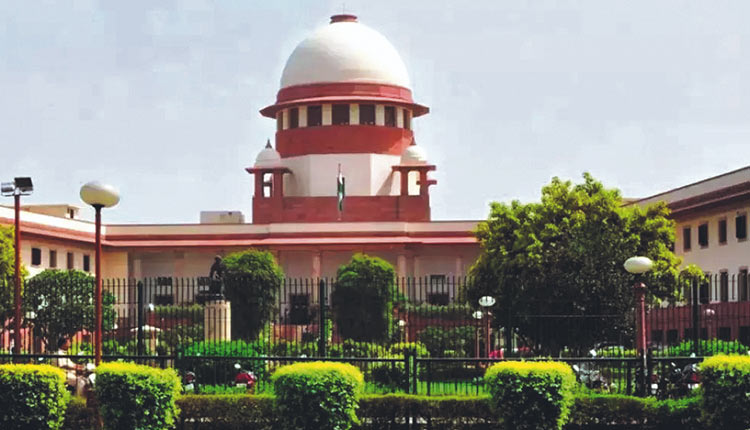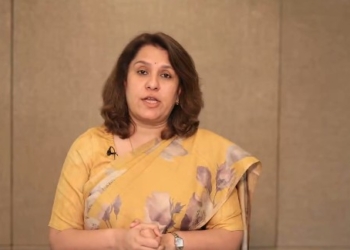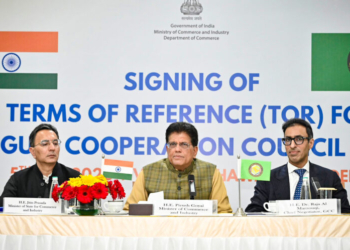New Delhi: The Supreme Court on Monday refused to entertain the plea filed by Bharatiya Janata Party (BJP) against a Calcutta High Court order restraining it from publication of “offending” advertisements against the Trinamool Congress (TMC).
During the hearing, a bench presided over by Justice J.K. Maheshwari remarked that the advertisements were prima facie “disparaging” and the apex court could not lend its hand for further acrimony.
Senior advocate P.S. Patwalia, appearing for BJP, contended that the advertisements were based on facts and the high court could not have passed such an ex-parte injunction order. However, sensing the disclination of the top court to entertain the plea, Patwalia sought permission to withdraw the petition.
The Bench, also comprising Justice K.V. Viswanathan, dismissed the plea as withdrawn and clarified that it would be open for the appellant to contest the proceedings pending before the Calcutta High Court.
In an order passed last week, the Calcutta High Court passed an ex-parte injunction prohibiting the publication of advertisements which squarely violate the political rights of Trinamool and its functionaries.
A bench of Justice Sabyasachi Bhattacharyya of the high court said that the Model Code of Conduct (MCC) prohibits all participants in the election process from criticism of other parties or their workers based on unverified allegations or distortion.
It said that the Election Commission of India “grossly failed” to address, in due time, the complaints raised by the ruling Trinamool Congress.
“Accordingly, respondent no. 2 (BJP) is hereby restrained from further continuing with the publication of the offending advertisements… till June 04, 2024, or until further order, whichever is earlier. The respondent no. 2 is further restrained from publishing advertisements in any form of media which is violative of the MCC issued by the ECI during the aforesaid period,” the HC order said.
In its special leave petition filed before the Supreme Court, the BJP contended that the high court “erred” by granting an interim injunction based on the purported violation of MCC without taking into consideration that the issue was pending before the ECI, which has the authority to take appropriate action against any political party.
(IANS)
















